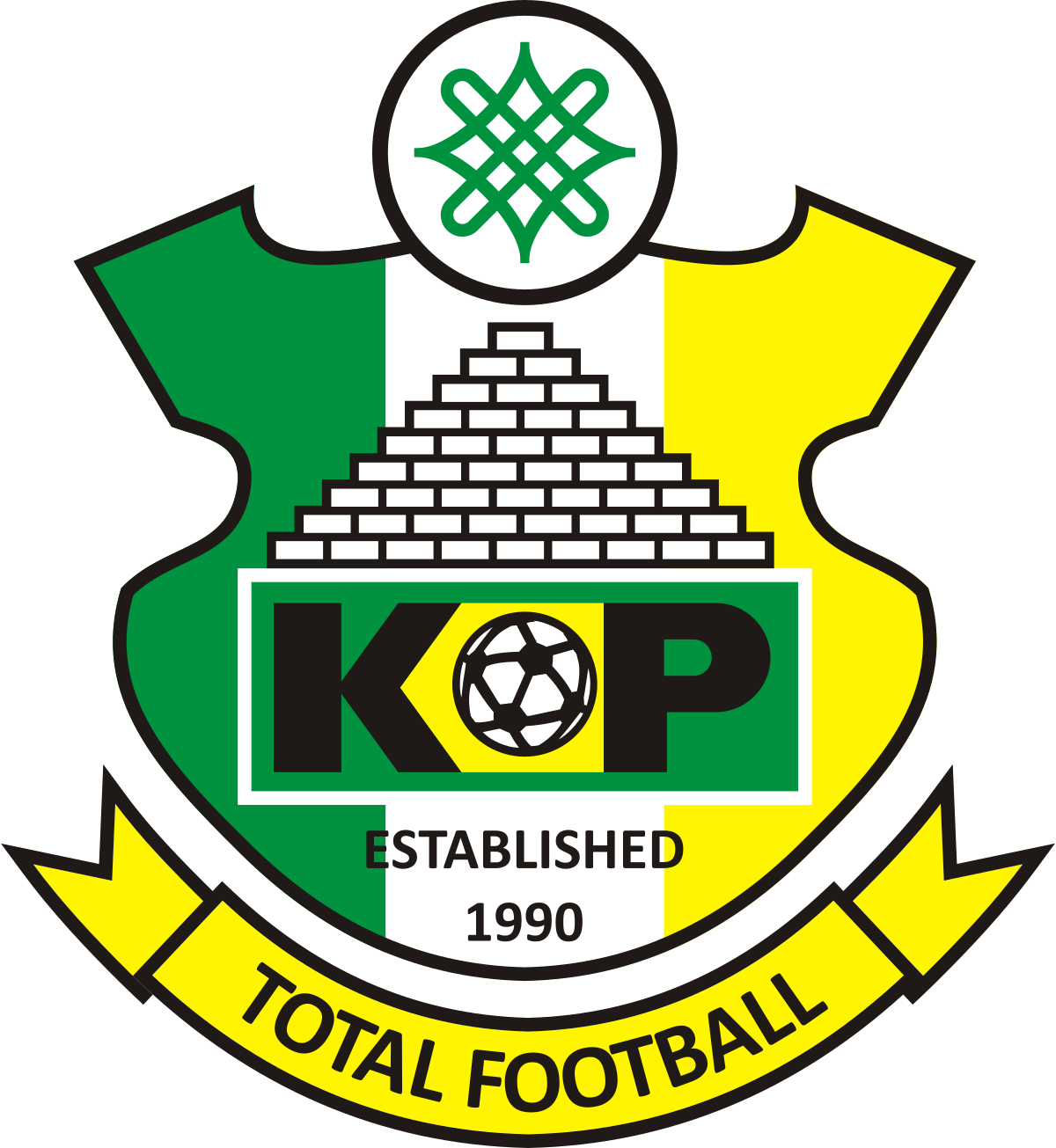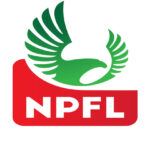Kano Pillars Football Club is arguably one of the most popular football clubs in Nigeria with a fan base that rivals any other in the country which is evidenced by the over 18,000 supporters cheering the “Sai Masu Gida” to victory anytime they play a Nigeria Professional Football League (NPFL) game.
But today, a dark shadow looms over the club as due to the series of misfortunes that have befallen the former champions of NPFL, the team has now found itself thrown into the lower tier of the football pyramid in the country.
Munir Sani, a gurasa (local bread) seller and fan at the gate of the Pillars’ home stadium, the Sani Abacha Stadium, Kano, said Sundays and Wednesdays, which are NPFL match days, were always days to make huge profit, but that it was no more.
Repeated incidents of violence at the stadium had redirected the Pillars from playing their home games to Kaduna State and later Katsina State and finally Abuja.
- After 54 years, family renames Asoju Oba table tennis tourney
- Buhari wants PCC to handle whistle-blowing policy
On the violence that marred the homecoming match of Kano Pillars vs Katsina United at the Sani Abacha Stadium, a former stadium manager, Sani Buhari, said the Pillars’ supporters needed a lot of enlightenment.
He said, “Those boys throwing stones; let me tell you how they operate. People think they come into the stadium with stones at the beginning of a match. What we do is that on the day of a match we search the whole stadium to make sure there is no single stone. When the match is at halftime, they usually find a way to sneak those stones into the stadium.”
Questions that have trailed the development have been narrowed to three: are the fans solely to blame? Did the team’s management and the state government make the best decisions? Were the players hired not just good enough?
The chant, “Sai masu gida” in Hausa language praises the Pillars’ royalty, especially as they never lost a home game in 11 years.
Established in 1990 and as four times NPFL champions, Kano Pillars’ trophy cabinet is unrivalled in the Northern part of the country. Only four clubs in the country, all established earlier, have won more silverware than Pillars: Enugu Rangers, Shooting Stars, Enyimba FC and Heartland FC.
The founder of Pillars, Ibrahim Galadima, said, “The whole story started in 1977. Later on I became the chairman of the state sports council in 1988, after which I became a commissioner in 1989.
“At that time we had clubs formed by companies and organisations like the Bank of the North, Cracker Rovers and Fiat. Areas like Kofar Mata and Darma also had their clubs and so on.
“We used to have crises during matches because rivalries between clubs were so intense that after every match you find there is teargas and confusion. That became the issue which we felt was not good enough for the image of the state.
“At a point I decided to suggest to the government that why not form a team that would be funded by the government entirely so that we would be able to put a stop to the situation. On that basis, the government accepted my proposal and we put machinery in motion to form the club.
“We started by getting the players from the different clubs that were playing the league in the state to form the new club.”
He observed that aside from the NPFL triumphs, Pillars facing Al-Ahly in the semifinals of the African Champions League “brought out the name of Kano Pillars not only in the country but beyond.”
Therefore, he is optimistic that the club he loves with all his heart will bounce back from relegation as it had done in the past.
Garzali Muhammed, Kano Pillars’ player from 1992 to 2005, recalled the first relegation period in the 1993/94 season.
He said, “Almost 28 players left the team because the team was relegated. Some of the players I can remember like former Flying Eagles’ Coach, Manu Garba, and Akinkumi Akinshide left.
“There was no solution for the management, so they just promoted the junior team; all of them, and that was how we took the team back to first position.”
Road to current relegation
A few days to the commencement of the 2021/2022 season, the League Management Company (LMC) disqualified the Sani Abacha Stadium from hosting NPFL games due to its poor playing surface, leading the team to adopt the Ahmadu Bello Stadium, Kaduna, as its home stadium.
But the results were not what the club had expected, with all seven of its strikers not finding the net in the first 12 games played, which made the job of the team extra difficult.
This, for one of the highest paying clubs in the country, paying players between N150,000 and N750,000, while a coach could earn as much as N1.2m per month, was not acceptable.
During a radio show hosted by ace sports reporter in Kano, Wasilu Kawo, the captain of Kano Pillars FC, Rabiu Ali, popularly known as Pele, admitted he was surprised with the calibre of players recruited before the start of the season.
He said, “I drove in to witness the arrival of players recruited for the new season and I wondered whether the players were just invited for a screening. I just laughed.”
Abba Galadima, General Manager of Kano Pillars from 2012 to 2013, noted that corruption was a problem.
He said, “When I was general manager, people would approach me that they had brothers and sons and I told them it’s not my work. It’s the work of the technical adviser. If he knew what he was doing, he could not stand so low to receive money or gratification from players for them to be picked in the team.”
Abdu Yahaya, organising secretary of Pillars’ fans club, sees the problem more as that of mismanagement.
He said, “We were here since the club was formed. We know the kind of players the club needs. Football doesn’t deceive, it’s practical and once you operate with favouritism in hiring players, it will be evident on the pitch.
“Players recruited are not even as experienced as the ones we have at the junior Pillars team.”
He added that, “They keep saying it is the fault of the government, fans and management. Honestly, everybody has played a role. The government has the larger part of the blame in this problem. To me, money is not the problem because previous administrations collected less but did more.”
Surajo Yahaya Johnbul, the immediate past Chairman of the club, disagreed that corruption was the cause of the problems, noting that lack of funds was the problem.
Speaking on the allegations levelled against him and the management, Surajo said that after COVID-19, the government, owner and financier of the club, found it difficult to pay salaries.
He said, “When you are given for example N30m to run for about 10 to 12 matches, including all finances, the repair of cars, going for away matches, hotel bills and everything; when that money stops coming, you cannot expect me to stop going to match venues because there is no money. I have to borrow, of which they are still owing.”
But Abdulgaffar Oladimeji, a football performance analyst, said the involvement of politics in the running of the affairs of the club led to its current status.
Which way out?
Finding an answer to this, the acting Chairman of Kano Pillars, Ibrahim Galadima, said, “For those who are following football in other climes, and especially in Europe, you will see that the fans contribute more than 50 per cent of the income of the club. They buy the jerseys, souvenirs and seasonal tickets.”
He suggested that if the club got N1,000 each as registration fee from its estimated one million fans, that would be N1bn available to “engage the best players from within and outside the country.”
On his part, a former chairman of Gombe State Football Association, Alhaji Ahmed Shuaibu Gara-Gombe, said privatization is key to restoring the lost glory of Kano Pillars.
The Special Adviser on Information Management and Strategy to the Gombe State Governor, Alhaji Inuwa Yahaya, said the fortunes of the club nosedived due to fans’ ignorance and appointment of the governor’s loyalists into the board.
“In the first place, I had the opportunity of supervising Kano Pillars when I was adviser on sports to the former governor, Engr. Rabiu Kwankwanso. From what I know and have seen, the only solution is to privatise and commercialise Kano Pillars.
“During my time, we tried to change the ownership structure, I increased the share capital, paid the outstanding stamp duties that were due to CAC, and appointed a company secretary. We tried to build assets to be able to run the club as a business but unfortunately, some forces in Kano stopped the reform after I left.
“Again, there are a lot of sentiments when a new coach is being appointed. The supporters who are supposed to see the club as a business are part of the problem. And again, those who think they have worked for the election of a Governor demand for Kano Pillars chairman or a board member slot,” he said.
Meanwhile, the former Nigerian champions are currently preparing for life in the lower division of the domestic league.
To ensure that the ‘Masu gida boys’ bounce back immediately, the management of the club recently appointed a seasoned football coach, Evans Ogenyi, to head the team’s technical crew.
The former Lobi Stars, Nasarawa United, Enyimba and Warri Wolves gaffer who is being assisted by coach Ibrahim Musa, Ahmed Garba ‘Yaro Yaro’ and Gambo Mohammed, is presently screening players ahead of the 2022/2023 NNL season.
Salim Umar Ibrahim & Abdulazeez Ibrahim (Kano)

 Join Daily Trust WhatsApp Community For Quick Access To News and Happenings Around You.
Join Daily Trust WhatsApp Community For Quick Access To News and Happenings Around You.


